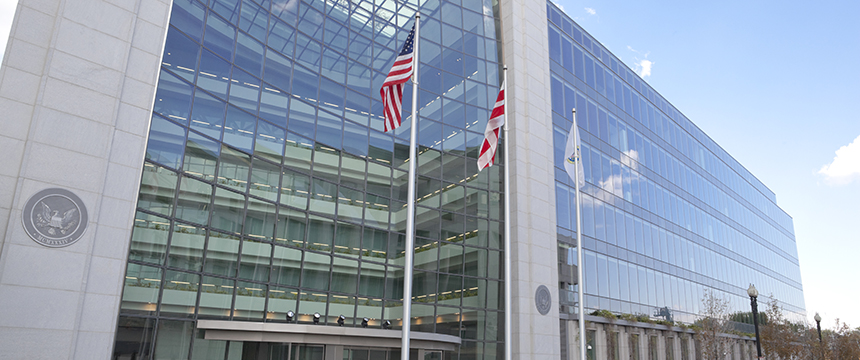SEC Movement on ESG Disclosures: SEC and Investors Enhance Focus on Climate Change and Other ESG Disclosures

It’s no secret that the Biden Administration is focused on environmental justice and climate change issues, as evidenced by the president’s selection of Congresswoman Debra Haaland as Secretary of the Interior and former EPA Administrator Gina McCarthy and former Secretary of State John Kerry as National Climate Advisor and Climate Envoy, respectively. The Administration’s engagement on these matters coincides with the increased focus by investors and public companies on Environmental, Social and Governance (“ESG”) issues. Blackrock has now followed its open letter from last year identifying climate change as a defining factor in companies’ long-term prospects with its 2021 Stewardship Expectations which highlight’s BlackRock’s “conviction that sustainability risk – and climate risk in particular – is investment risk.”
Furthering this focus, the Securities and Exchange Commission (“SEC”) created a Climate and ESG Task Force in its Division of Enforcement in early March to proactively identify potential misconduct related to ESG-related disclosures. The SEC stated that the task force will use “sophisticated data analysis to mine and assess information across registrants to identify potential violations” and that the Task Force’s initial objective will be to identify any material gaps or misstatements in issuers’ disclosure of climate risks under existing rules. The task force will also analyze disclosure and compliance issues relating to investment advisers’ and funds’ ESG strategies.
Acting SEC Chair Allison Herren Lee has also asked the SEC staff to evaluate the SEC’s “disclosure rules with an eye toward facilitating the disclosure of consistent, comparable, and reliable information on climate change.” At the same time, the SEC is seeking public input on climate change disclosures. The SEC has published a list of 15 questions seeking public input on creating disclosure of consistent, comparable, and reliable information on climate change, the materiality of climate-related disclosures, and the costs and benefits of different regulatory approaches to climate disclosure.
It seems highly likely that the actions the SEC will take under its new Task Force and “enhanced focus” on climate change and ESG disclosures will be more aggressive than what followed the issuance of the SEC’s 2010 Climate Change Guidance. Issuers should expect new rules that are much more prescriptive and extensive than the principles based 2010 Guidance. Public companies should consider a thorough review of their ESG-related disclosures that have been filed with the SEC to date to identify any gaps as well as to confirm and verify information provided in such disclosures or that is incorporated by reference in future filings. Such a gap analysis will help position issuers for a rigorous and robust review of ESG and climate change disclosures going forward. Issuers who have been feeling pressure from investors should now anticipate more requirements from the SEC to deliver clear statements about ESG matters. Issuers need to be sure that any statements are supportable and not viewed as an attempt at “green-washing.” Courts may find that unsupportable statements on environmental initiatives are not mere puffery but actionable causes of action under the anti-fraud laws.
We are well-positioned to help issuers review the sufficiency of existing disclosures, and to assist parties interested in commenting on the 15 questions posed by the SEC related to the scope and sufficiency of disclosures related to climate change and materiality of climate-related disclosures. For more information about planning for compliance with current and developing ESG and climate change reporting standards, please contact your Foley attorney or one of the authors.

